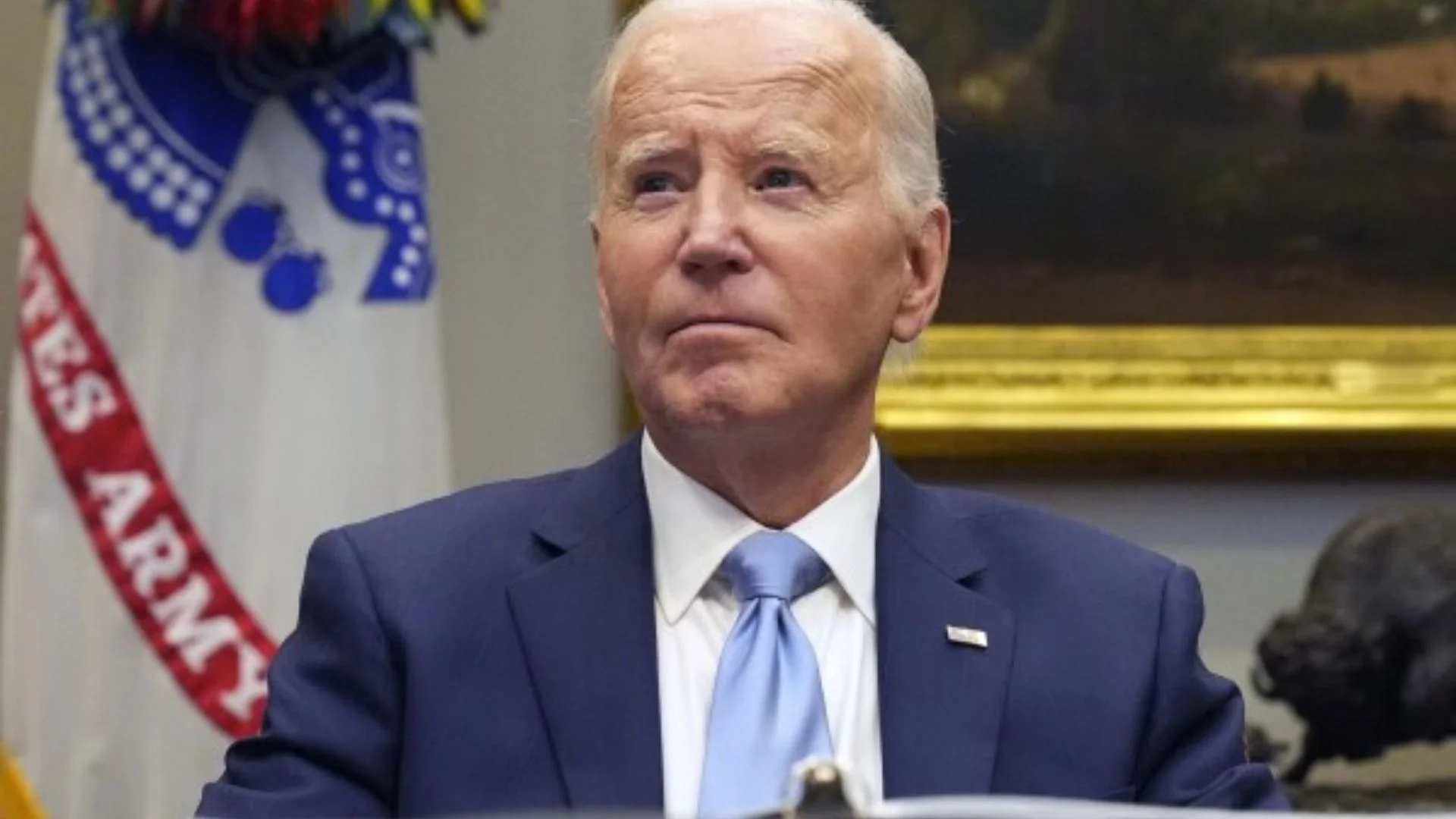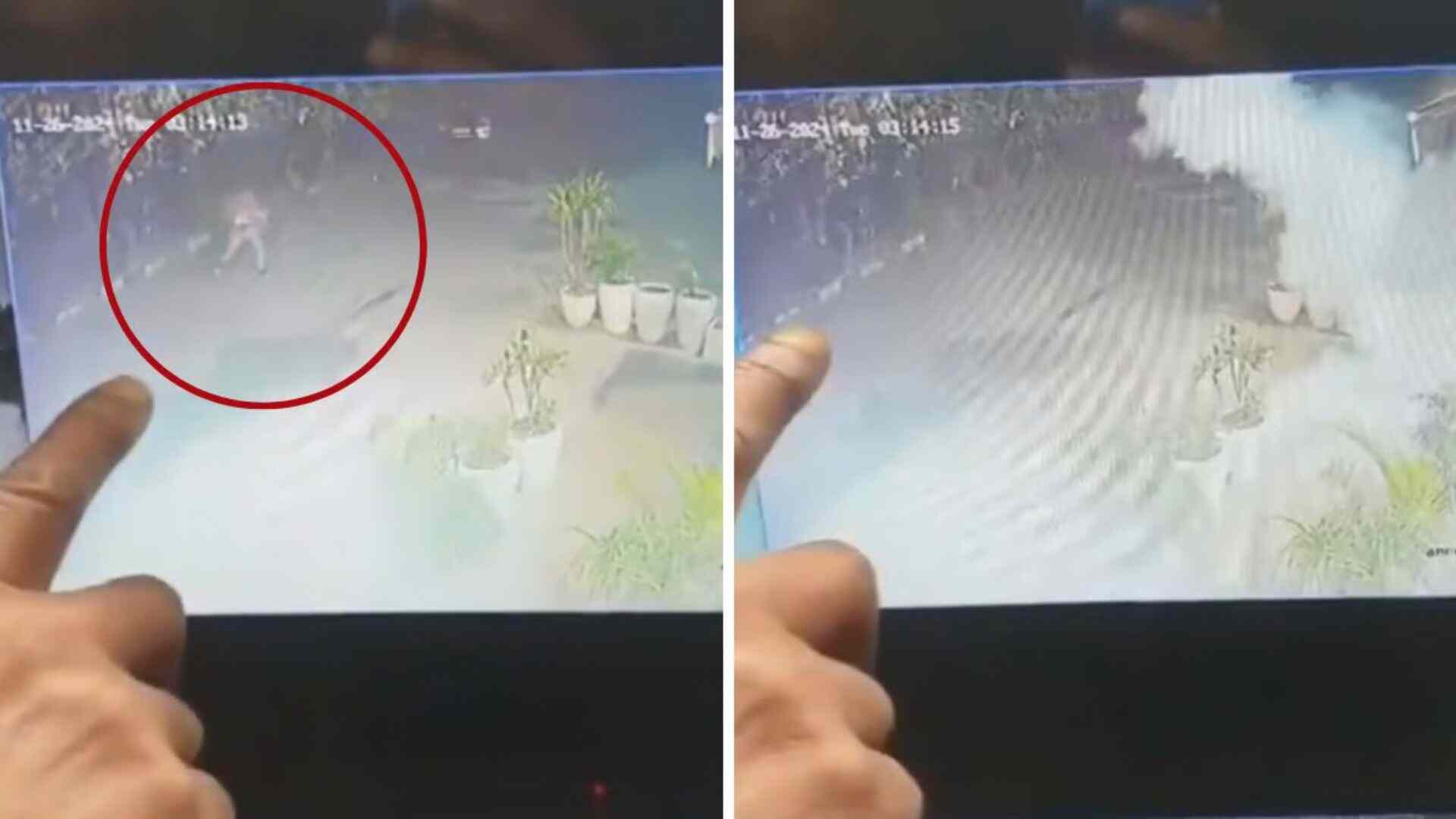
While drawing the clear boundary for cases which could be quashed on the basis of compromise between parties, the Gujarat High Court has in a most strict, simple, suave and straightforward oral judgment titled Dashrathbhai Bholidas Patel vs State of Gujarat in R/Criminal Misc. Application No. 5593 of 2023 that was pronounced as recently as on May 2, 2023 minced absolutely no words to hold that heinous and serious offences cannot be quashed on compromise between parties. The Court held that, “These powers can be invoked to ensure the ends of justice or prevent the abuse of legal procedures. However, the exercise of these powers is contingent upon the specific facts and circumstances of each case. Heinous and serious offences such as rape, dacoity, murder, or those resulting in severe injuries are generally not suitable for quashing using inherent powers.” We thus see that the Gujarat High Court dismissed a petition that was filed under Article 226 of the Constitution of India read with Section 482 of the Code of Criminal Procedure.
By the way, the petitioner had sought the quashing of an FIR that was registered against them at Bopal Police Station in Ahmedabad. The FIR alleged offences under various Sections of the Indian Penal Code, including forgery, in connection with a land-grabbing case. Despite the parties having reached a mutual settlement, the Gujarat High Court declined to exercise its inherent powers to quash the proceedings. Very rightly so!
At the very outset, this learned, laudable, logical, landmark and latest judgment authored by the Single Judge Bench comprising of Honourable Mr Justice Samir J Dave sets the ball in motion by first and foremost putting forth in para 1 that, “Considering the issue involved in the present application and with consent of the learned advocates appearing for the respective parties as well as considering the fact that the dispute amongst the applicant and complainant has been resolved amicably, this matter is taken up for final disposal forthwith.”
As we see, the Bench then points out in para 2 that, “By way of this petition filed under Article 226 of the Constitution of India read with Section 482 of the Code of Criminal Procedure (for short, “the Cr.P.C.”), the petitioner has prayed to quash and set aside the complaint being FIR No.11192011220374 registered with Bopal Police Station, District: Ahmedabad for the offences punishable u/s. 406, 419, 420, 465, 467, 468, 471, 474, 120(B) of IPC and all other consequential proceedings.”
Be it noted, the Bench notes in para 3 that, “Learned counsel for the respective parties submitted that during pendency of the criminal proceedings, the parties have amicably settled their issue by way of mutual settlement and pursuant to understanding arrived at, the Complainant has accordingly filed an affidavit, which is on record. The complainant has categorically stated in the affidavit that dispute is amicably resolved and has no objections if the present proceedings are quashed and there is no surviving grievance between them.”
To put things in perspective, the Bench envisages in para 4 that, “Having heard learned advocate for the petitioners and learned APP for the respondent State, it appears that present applicant accused had clearly played an active role in the commission of serious offence of forgery, used such forged documents as genuine to grab the land of the original complainant. It appears that the present applicant accused and his brother who is in judicial custody in connection with the present offence, are in habit of grabbing the lands by such and similar modus operandi and other criminal complaints of forgery have been lodged against the present applicant. It also appears that the applicant accused is habitual offender and he is involved in total 7 offences including the present and he is shown as absconder since the charge-sheet is filed qua other accused. It also appears that the conduct of the applicant of not cooperating with the investigating agency though there are conditional bail orders passed by the Hon’ble Apex Court as well as by this Hon’ble Court. The present applicant was considered on regular bail by the Hon’ble Apex Court vide order dated 26.08.2022 in Criminal Appeal No.1350 of 2022 in connection of offence registered with the Vastrapur Police Station, however, the State of Gujarat had filed an application for cancellation of bail of the applicant accused in connection with C.R. NO.I–11191020201493 registered with Vastrapur Police Station and the same is pending for its adjudication before this Court.”
Do note, the Bench clearly stated in para 5 that, “This Court notices that this request is made for exercise of inherent powers under section 482 of the Cr.P.C., which are very wide amplitude. These inherent powers can be exercised either to sure the ends of justice or to prevent the abuse of process of law. However, it would dependent on the facts and circumstances of each case and no category is prescribed by the Court for the same. What is required to be considered is the nature and gravity of the offence. Heinous and serious offences, such offence of rape or dacoity or murder or the offence leading to serious injuries etc. may not be considered for the purpose of exercise of inherent powers.”
It is worth noting that the Bench notes in para 6 that, “Ordinarily, it is expected that the category of commercial offences or disputes of mercantile and of civil nature or matrimonial disputes or disputes of partnership firms etc., the Court may consider to exercise these powers, when the parties have chosen to settle the disputes. The Court also need to record, whether the continuation of the criminal prosecution would cause extreme prejudice to the accused or would cause him injustice, if not allowed the quashment, even after the parties have settled all their disputes. These powers are required to be exercised sparingly, as stated above. Since, the offence against the society, it cannot be said to be a private FIR between the parties.”
Most significantly, the Bench mandates in para 7 that, “In a series of decisions, the Apex Court has explained the contours of the power under Section 482 Cr.P.C. In the case of Prabhatbhai Aahir @ Parbatbhai Bhimsinhbhai Karmur and Ors. Vs. State of Gujarat and Anr., (2017) 9 SCC 641, the Hon’ble Supreme Court has observed as under:
“10. On the other hand, learned counsel appearing on behalf of the state has supported the judgment of the High Court. Learned counsel emphasized the circumstances which weighed with the High Court, including (i) the seriousness of the allegations; (ii) the conduct of the appellants who were absconding; and (iii) the criminal antecedents of the appellants. Hence, it was urged that the appellants were not entitled to the relief of quashing the FIR merely because they had entered into a settlement with the complainant.
11. Section 482 is prefaced with an overriding provision. The statute saves the inherent power of the High Court, as a superior court, to make such orders as are necessary (i) to prevent an abuse of the process of any court; or (ii) otherwise to secure the ends of justice. In Gian Singh (supra) a bench of three learned Judges of this Court adverted to the body of precedent on the subject and laid down guiding principles which the High Court should consider in determining as to whether to quash an FIR or complaint in the exercise of the inherent jurisdiction. The considerations which must weigh with the High Court are:
“61…the power of the High Court in quashing a criminal proceeding or FIR or complaint in exercise of its inherent jurisdiction is distinct and different from the power given to a criminal court for compounding the offences under Section 320 of the Code. Inherent power is of wide plenitude with no statutory limitation but it has to be exercised in accord with the guideline engrafted in such power viz.: (i) to secure the ends of justice, or (ii) to prevent abuse of the process of any court. In what cases power to quash the criminal proceeding or complaint or FIR may be exercised where the offender and the victim have settled their dispute would depend on the facts and circumstances of each case and no category can be prescribed. However, before exercise of such power, the High Court must have due regard to the nature and gravity of the crime. Heinous and serious offences of mental depravity or offences like murder, rape, dacoity, etc. cannot be fittingly quashed even though the victim or victim’s family and the offender have settled the dispute. Such offences are not private in nature and have a serious impact on society. Similarly, any compromise between the victim and the offender in relation to the offences under special statutes like the Prevention of Corruption Act or the offences committed by public servants while working in that capacity, etc; cannot provide for any basis for quashing criminal proceedings involving such offences. But the criminal cases having overwhelmingly and predominantly civil flavour stand on a different footing for the purposes of quashing, particularly the offences arising from commercial, financial, mercantile, civil, partnership or such like transactions or the offences arising out of matrimony relating to dowry, etc. or the family disputes where the wrong is basically private or personal in nature and the parties have resolved their entire dispute. In this category of cases, the High Court may quash the criminal proceedings if in its view, because of the compromise between the offender and the victim, the possibility of conviction is remote and bleak and continuation of the criminal case would put the accused to great oppression and prejudice and extreme injustice would be caused to him by not quashing the criminal case despite full and complete settlement and compromise with the victim. In other words, the High Court must consider whether it would be unfair or contrary to the interest of justice to continue with the criminal proceeding or continuation of the criminal proceeding would tantamount to abuse of process of law despite settlement and compromise between the victim and the wrongdoer and whether to secure the ends of justice, it is appropriate that the criminal case is put to an end and if the answer to the above question(s) is in the affirmative, the High Court shall be well within its jurisdiction to quash the criminal proceeding.
Please read concluding on
link4din.com/guardians-numeric-wisdom















